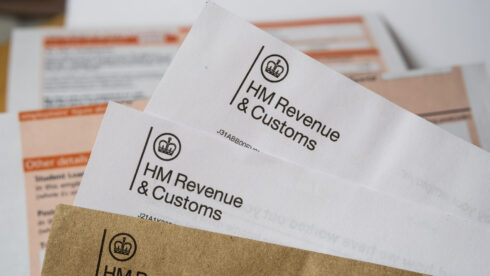HMRC tax investigations
Robin Stevenson
13/01/2017
A large part of our work is dealing with tax enquiries, and often a client will first come to us because they have a tax enquiry they need help with.
It seems everybody is content that HMRC have 12 months from a self-assessment tax return being filed to raise an enquiry into that tax return, but it isn’t as simple as that. It is true that there is a 12 month time limit but, and this is a big but, only if that tax return contained enough information for HMRC to reach a conclusion. If it didn’t contain enough information then that time limit is extended to six years.
Hence we make good use of the white space on the tax return to explain any tax reliefs we are claiming and why we are claiming them. This helps HMRC prevent wasting time by opening unnecessary enquiries, and saves us unnecessary time and effort in defending good tax claims.
With “aspect” enquiries HMRC are asking for one particular aspect of the tax return. Perhaps an entry on the tax return is different to that they were expecting or the return doesn’t agree with information HMRC already hold (yes HMRC do receive information about you from other people and institutions, for example your employer has to file details of your salary with HMRC).
The most common causes of aspect enquiries are figures not adding up or figures missing altogether.
There are less aspect enquiries than there used to be and I guess this is due to many more tax returns being prepared via computer software which means the obvious mathematics are carried out automatically, and there are prompts to the previous years entries meaning you are less likely to miss out pieces of relevant information.
Whilst aspect enquiries pick up and correct simple obvious errors and mistakes (and I mean errors and mistakes either from the tax payer or HMRC – yes they make mistakes as well) full enquiries are quite different and always rings an alarm bell with me.
Full enquiries are correctly named, they are what they say on the tin. Revenue might open a full enquiries HMRC if they think they have reason to believe that your tax affairs might not be accurate, that either deliberately or inadvertently they have been provided with incorrect information and that as a result you might not be paying as much tax as you should. To correct this you will often receive letter asking you to send source records, e.g. bank statements and bookkeeping.
I treat each full enquiry with utmost respect, because frankly I don’t know what information HMRC might already be holding. I have attended a meeting with HMRC where evidence was produced proving my client’s information was incorrect, and I have had a meeting with HMRC where they simply didn’t understand how my clients business worked. Needless to say a full and frank discussion with client was the result of the first meeting, and a swiftly closed enquiry was the result of the second meeting.
Sometimes I ask for an early meeting with HMRC because it saves endless correspondence back and forth, and me, client and HMRC are all looking for the enquiry to be finished as soon as possible. But that is only one way of dealing with an enquiry, and whether or not I use that in the next case really does depend on the circumstances of that case. Each case is different, each client is different and so each enquiry has to be dealt with differently. Some clients are very bullish, some want the enquiry to go away as soon as possible, some look forward to meeting the Revenue (it’s generally these I try to exclude from any meeting), some are scared witless without cause, and others… others I help bring their tax affairs up to date!
Revenue enquiries can seem intrusive, unnerving, frightening and scary, but if your tax affairs are complete and up to date then you are unlikely to ever have an enquiry. If you do, then you know where to come!
Robin Stevenson
Sign up to receive our private content
straight to your inbox







